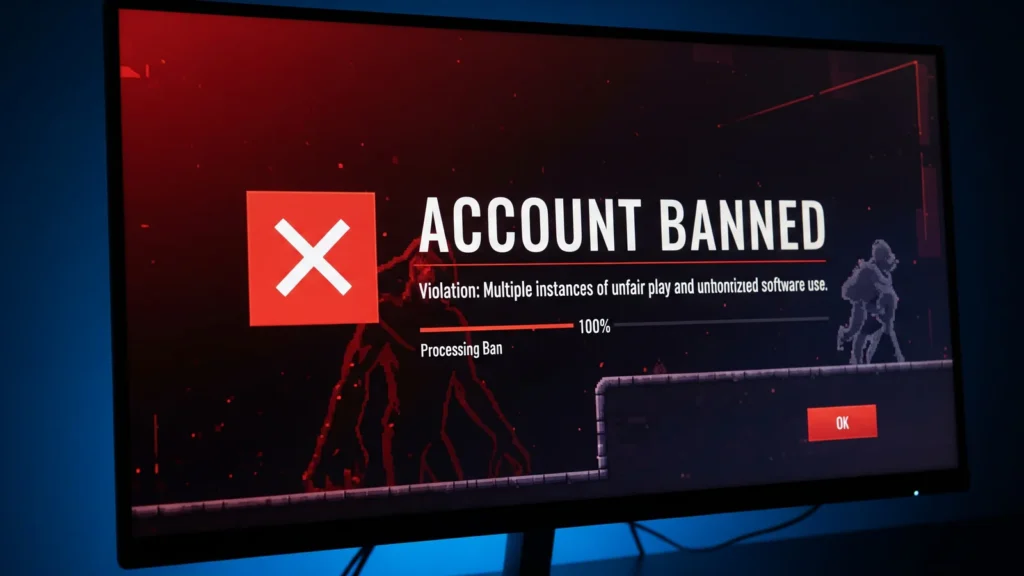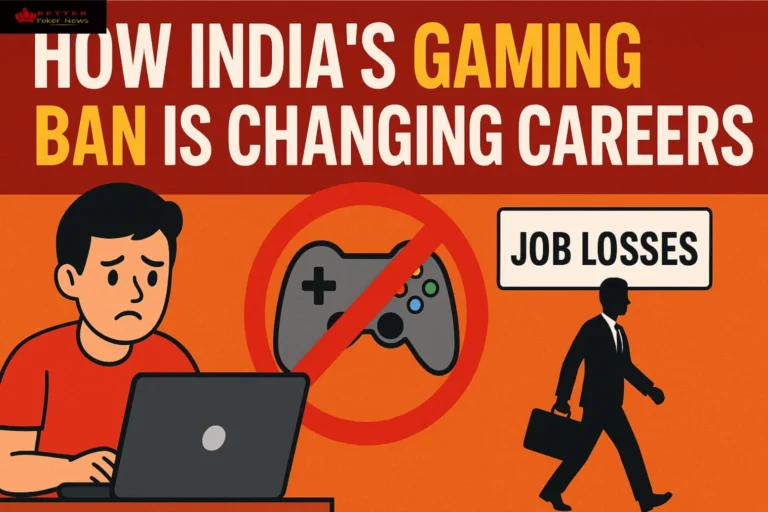India’s decision to implement the Promotion and Regulation of Online Gaming Act in August 2025 has had significant repercussions for the real money gaming (RMG) sector. The blanket ban on skill-based gaming platforms involving real-money stakes has forced many of the industry’s major players to downsize, resulting in widespread job losses. Companies that once thrived in this burgeoning market now face unprecedented challenges as they adapt to new regulations. The fallout from the ban is creating a ripple effect throughout the industry and job market, with employees scrambling to find new opportunities in adjacent sectors.
The Real Money Gaming Industry Under Fire
The real money gaming industry was one of the fastest-growing sectors in India, attracting millions of users and providing lucrative employment opportunities. Leading companies like Mobile Premier League (MPL), Games24x7, PokerBaazi, and Zupee provided skill-based gaming services that combined entertainment with real monetary rewards. The rapid expansion of these companies was a testament to the sector’s appeal.

The Real Money Gaming Industry Under Fire
The India real money gaming industry was one of the fastest-growing sectors in India, attracting millions of users and providing lucrative employment opportunities. Leading companies like Mobile Premier League (MPL), Games24x7, PokerBaazi, and Zupee provided skill-based gaming services that combined entertainment with real monetary rewards. The rapid expansion of these companies was a testament to the sector’s appeal.
However, the recent legal actions that led to the promotion and regulation of online gaming have shattered this growth. The government’s move to curb gambling-related activities and impose stricter regulations on online platforms dealing with real-money games has triggered an abrupt disruption in the industry. These changes, particularly the ban on India’s real-money gaming, have forced companies to halt operations and lay off thousands of employees who once made their livelihoods through the sector.
The Impact on Employment: Thousands Affected
The job market has been severely affected, with nearly 2,000 employees losing their positions at major RMG firms, including Head Digital, Games24x7, and PokerBaazi. According to industry reports, staffing firms like Xpheno have noted that a significant number of the 6,000 people employed by the top seven RMG firms in India are now seeking new opportunities.
For companies like Gameskraft, which paused its real money operations in line with the new legislation, the situation is dire. The company is preparing to lay off most of its 700 employees by the end of October, following a short-term payout of three months’ salary to employees in anticipation of the legal changes.
As the layoffs continue, industry insiders predict that the total number of job losses could rise as companies restructure or shut down entirely. Kamal Karanth, cofounder of staffing firm Xpheno, estimated that up to 5,000-6,000 people could eventually be impacted by the ban, leading to a dramatic shake-up in the job market.

Career Shifts and Job Market Scramble
The sudden job loss has forced many former employees to consider shifting careers. Senior executives earning ₹4-5 crore annually in the RMG sector are now searching for new opportunities in sectors where their skills can still be valuable. Companies are unable to enforce contracts, and many individuals are turning to moonlighting or freelancing as a temporary solution.
While some employees with technical skills such as data analysis, product management, and UX design have found it easier to transition into roles in adjacent industries like fintech and e-commerce, others are struggling to adapt. These shifts are creating a new type of job market, where individuals with gaming sector experience must pivot to other industries in a rapidly evolving landscape.
Senior professionals, who once held high-level roles within the gaming companies, are increasingly exploring opportunities in the technology and entertainment sectors, where their leadership experience and expertise in digital platforms can still be utilized.
Restructuring Efforts and the Future of RMG
In the wake of the ban, companies are attempting to find new business models that can sustain their operations. Non-monetary gaming, advertising-based models, and even virtual reality (VR) gaming are areas companies are exploring to adapt to the new regulations. However, the future of the real money gaming industry in India remains uncertain, and these efforts may not be enough to salvage the current situation.
The challenge is compounded by the fact that companies in the RMG sector were built on specific revenue streams that are no longer viable under the current regulatory framework. The pivot towards other forms of gaming or alternate revenue models will likely take time, and many companies may not be able to recover quickly enough.
Furthermore, the potential for further regulations or legal challenges leaves companies in a constant state of flux. The impact on business operations is forcing companies to evaluate their long-term viability in a market that may no longer offer the same growth potential it once did.

The Role of Government Regulation in Job Security
The passing of the Promotion and Regulation of Online Gaming Act has brought to light the importance of balancing regulation with industry growth. While the government’s primary concern is consumer protection and reducing the risk of gambling addiction, the drastic nature of the ban has inadvertently led to mass layoffs and economic instability in a thriving sector.
Industry federations and associations have called for more measured regulations that allow businesses to operate while ensuring safeguards are in place to protect users. A more nuanced approach, where companies are given time to adjust and transition, could mitigate the effects on the job market.
At present, many companies are hoping for amendments to the law or the introduction of special exemptions that would allow them to continue operating within the boundaries of the new regulations. But until that happens, the industry remains in limbo, and the threat to job security remains high for many professionals.
What Does the Future Hold?
While the ban on India’s real money gaming has left a significant mark on the industry, the future holds opportunities for those who are adaptable. As industries such as technology, e-commerce, and entertainment grow, former employees of RMG companies can bring their skills into these new sectors.
For businesses, the challenge will be adapting to the changing regulatory landscape while maintaining profitability. Companies must evolve quickly to find sustainable ways to operate, even if it means shifting away from real-money gaming altogether. The impact of the ban on the gaming industry could redefine the way online gaming operates in India for years to come.
FAQs
- Why did the Indian government impose a ban on real money gaming?
The government imposed the ban to address concerns about gambling addiction, unregulated operations, and inadequate oversight within the real money gaming industry. - How many jobs were lost in the gaming sector due to the ban?
Around 2,000 employees across top RMG companies have been laid off, with an estimated 5,000-6,000 job losses expected in the coming months. - What industries are RMG employees transitioning to after the layoffs?
Many former employees are seeking roles in industries such as fintech, e-commerce, technology, and entertainment, where their skills are transferable. - Will the real money gaming industry recover from this setback?
The future of the industry is uncertain. While some companies are pivoting to new business models, the overall outlook depends on the government’s future regulatory decisions. - How are companies in the RMG sector adapting to the new regulations?
Many companies are exploring alternative business models, including non-monetary gaming and advertising-based platforms, in an effort to comply with the new laws. - What does the future hold for the gaming job market in India?
The gaming job market is evolving. While there will be challenges in the short term, opportunities in adjacent industries and new forms of gaming could help employees navigate these changes.


1 Comment
Pingback: Andy Wong Talks About Building Poker's Most Prestigious Tour